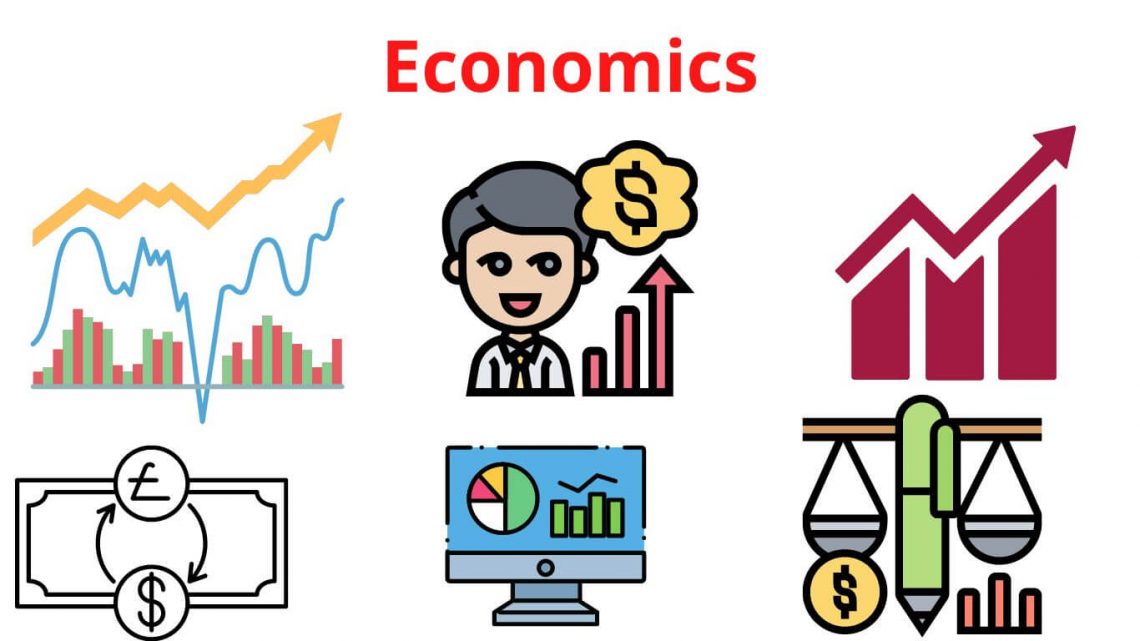Dear friends,
I studied Politics and Economics and Public Affairs MSc at the University of Surrey. How different are both courses? On the one hand, BSc was becoming more intense gradually, as it was a 3-year programme. At the beginning I had to learn the basics via modules such as Introduction to Politics, Introduction to International Relations, Introductory Economics, Mathematics and Statistics. Hence, it could be argued that at the start of the BSc course it was hard to learn so much new information for a short period of time. Everything was very new and it was stressful to be alone at university without your family and friends. The academic staff were all different with distinct approaches to teaching.
The first semester was a time for adaptation to the academic life. The exam period was putting great pressure on students. However, when the first semester ended I became calm and I had a break before the start of the second semester. Thus, I had one free week after the end of the exam period. Additionally, I used that time to reflect on the past 4-5 months, the challenges I was able to overcome and the goals I managed to achieve. During the second semester I was a lot more relaxed and confident and my results went up considerably, boosting my confidence even more.

In fact, Economics was a new subject that I have never studied before and it was difficult to understand the new concepts. Nevertheless, after my module in Introductory Economics, I started studying Macroeconomics and Microeconomics. I enjoyed these two modules, given the essential knowledge I acquired from the initial module, which introduced me to the economic world. I was provided with more in-depth information regarding the economic processes and their relation to political policies. The module in Mathematics was an additional challenge, however, with a lot of practice and willingness to learn, I improved my skills and enjoyed the subject and its link to Economics. The exams were intense as in the first semester, nonetheless, I was prepared and ready to complete the assessments.
In respect to Politics, I had more experience writing essays in the past, hence, it was not too difficult to adapt. Nevertheless, I was not familiar with the academic style of writing. I needed time to learn how to write research papers, using my critical thinking and skills for critical analysis. I worked constantly to improve these elements in order to understand how to critically analyse a research problem.

For the next 2 years I spend many hours, attending consultations with module leaders, asking questions, discussing my progress, requesting more feedback for past assignments. I was interested in how to improve my writing skills and my performance and how to address the issues, which prevented me from performing even better. I did not give up, persistently asking hundreds of questions. In my second year I managed to apply what I have learnt, leading to higher marks and very positive feedback. In my final year, my performance reached its highest point. I achieved my objectives and was able to confidently write research papers as a professional.
One of the most valuable things that I have learnt is that the module leaders have different personalities, which reflect distinct approaches to teaching and assessments. Thus, it was crucial to understand each individual lecturer. That is because they had different vision, concerning how students should address a research question, working efficiently and productively in order to perform well during assessments. Hence, it is very important to adapt to new situations in order to continue developing your personal and professional abilities.
Until next time,
Desi
